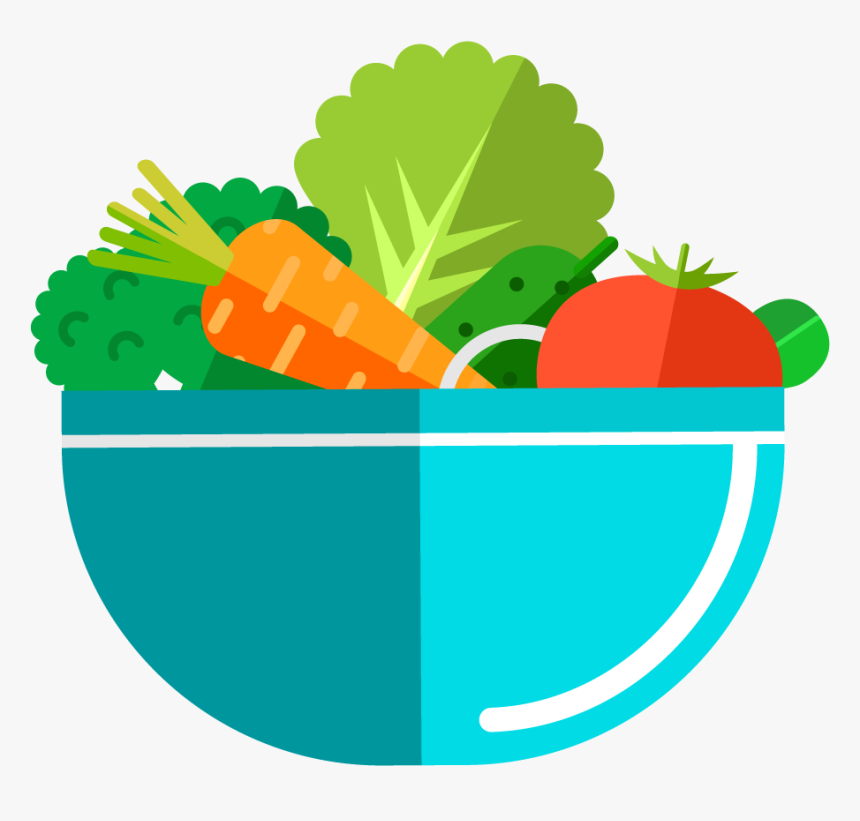Clean eating is merely the act of consuming more intact and nutritious foods without a food label. It also involves having less of the processed or refined foods that are not in their original form.
As a registered dietitian, my clients frequently ask me about clean eating and if it is something they should try. Because clean eating highlights numerous whole foods that are good for you, this is a healthy eating style that I endeavor to help my clients transition to as much as possible.
Like any eating plan, there are pros and cons to clean eating. Let’s dig into the specifics of clean eating. You will learn how to embrace a cleaner and more wholesome diet that fits your goals and lifestyle.
What Constitutes Clean Eating?
The term “clean eating” can be perplexing, and is frequently utilized in numerous diverse manners. From celebrities to influencers to genuine nutrition experts, it appears that everyone has their own distinctive interpretation of clean eating or their own individual reasons for adhering to it.
So, what exactly is it and why is it so prevalent?
At its essence, clean eating is a dietary approach that emphasizes whole, minimally processed foods and discourages processed and refined foods.
Processed and refined foods are prevalent in our food supply and encompass anything with a food label; an instance is refined “simple” carbs such as white bread, muffins, bagels, or donuts.
While all processed foods are regarded as “unclean”, it is especially recommended to avoid products with added components like artificial sweeteners, additives, and preservatives.
However, the issue with the clean eating no-processed-foods rule is that many foods are processed – and some of them are actually healthy foods. In other words, being processed does not always signify “bad” in terms of a food’s health profile and nutritional value.
For example, whole grain bread like Ezekiel bread, olive oil, and canned beans are all technically processed in some way, but these are still healthy and nutritious choices.
It’s ultra-processed foods that I suggest limiting. These foods, like potato chips, cookies, donuts, fast food, and sweetened yogurt, lack nutritional worth and are linked to adverse health consequences.
While I do urge my clients to consume more whole foods whenever feasible, completely shunning all processed foods is not necessary (nor realistic in most instances). In my experience, my most successful clients opt for whole foods more frequently but still incorporate nutrient-rich processed foods when necessary.
This equilibrium of the two raises the probability of sustainable weight loss, satisfaction with meals, and enhanced overall well-being.

Advantages of Clean Eating
There are several other health advantages of clean eating such as:
Enhanced nutrient intake: Whole foods are usually more nutritious than their highly processed equivalents, as they preserve their nutrients in their original form.
Gut health: Clean eating can support a healthy gut, as whole foods are in a form that your body recognizes as energy. Many of the ingredients packed into highly processed foods, such as artificial sweeteners, are unfamiliar to our digestive system, which can negatively change our gut bacteria and lead to digestive disorders.
Weight management: Consuming more whole foods is linked to weight loss. This is probably because whole foods are more nutrient-dense, fulfilling, and lower in sugar; all three characteristics support a healthy weight.
Reduced risk of chronic diseases: Eating more whole and minimally processed foods is associated with better overall health and a decreased risk of chronic diseases, due to their nutritional value.
Improved energy: Consuming more whole foods can lead to more stable energy throughout the day. If you are constantly feeling lethargic, eating more whole foods can provide you with the longer-lasting energy you are seeking. This is because whole foods tend to be higher in nutrients like fiber and protein, which slow down the digestive process and keep you full and energetic for longer.
When my clients shift to eating more whole foods, they frequently notice an almost immediate increase in their energy and concentration.
As a weight loss specialist, I know that processed foods can leave you extremely hungry and irritable. Switching to whole-food versions of your favorite foods leads to more satisfaction and steadier energy levels (for example, instead of salted processed chips, switch to lightly salted nuts).
How to Commence Your Distinct Clean Eating Adventure
Learning how to adopt clean eating entails consuming more wholesome and nutritious foods, and it can assist you in attaining your health and wellness objectives. But bear in mind that if any eating plan makes you feel guilty, ashamed, or more stressed, it is not the right plan for you.
If you wish to eat cleaner, take it one day at a time; gradually incorporate more whole foods into your daily meal choices. If you are currently consuming mostly processed foods, begin phasing out some of the ones you are not fond of and switch to their whole food equivalents.
For more guidance on initiating your own clean eating plan, sign up for a complimentary consultation with one of our expert Kickoff nutritionists today. We are here to support you and keep you accountable on your journey towards better health.
Disclaimer: The information in this article is not intended to substitute medical advice. Always consult a health professional before making any significant changes to your diet.
